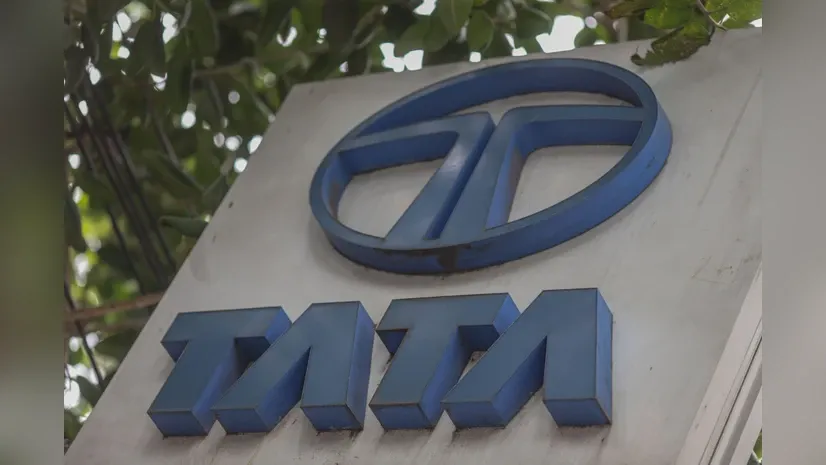Tata Motors is accelerating its push toward global leadership in the commercial vehicle (CV) segment through the proposed acquisition of Iveco, the Italian truck and bus maker owned by CNH Industrial. The strategic move signals Tata’s intent to expand its international footprint, enhance technology capabilities, and leverage synergies across markets. However, the deal is not without its risks. Analysts caution that integration complexities, geopolitical factors, and legacy issues within Iveco could temper the immediate benefits. As Tata Motors positions itself for long-term growth, its success will hinge on execution, capital efficiency, and adaptability in a volatile global landscape.
Strategic Rationale Behind the Iveco Bid
Tata Motors’ interest in acquiring Iveco marks a calculated effort to elevate its presence in the global CV arena. The Mumbai-headquartered auto giant is already a dominant player in India’s commercial vehicle sector, and this acquisition could serve as a springboard into mature and emerging international markets.
Iveco’s stronghold in Europe, Latin America, and select Asian markets presents Tata with a valuable geographic and technological extension. With access to Iveco’s product portfolio—spanning heavy-duty trucks, buses, and alternative fuel technologies—Tata could significantly enhance its global reach and competitiveness.
Synergies and Growth Potential
A successful takeover would open the door to numerous strategic benefits. Tata Motors would gain entry into new markets, broaden its technology base, and accelerate its transition to clean mobility through Iveco’s advanced powertrain solutions, including electric and hydrogen-powered trucks.
Cost synergies may also arise from supply chain integration, shared platforms, and consolidated R&D efforts. Additionally, a combined entity could leverage economies of scale and diversify revenue streams across product segments and geographies, reducing overreliance on cyclical domestic demand.
Challenges and Execution Risks
Despite the promising outlook, the proposed acquisition carries significant execution risks. Iveco has faced structural challenges, including fluctuating profitability and regulatory hurdles in core markets like Europe. Integrating an asset with distinct operational cultures, labor regulations, and legacy issues could prove complex and capital-intensive.
Moreover, geopolitical tensions and shifting trade dynamics may complicate cross-border operations, especially in regions sensitive to foreign acquisitions. Financing the deal could also pressure Tata Motors’ balance sheet, depending on the structure and valuation agreed upon.
Industry observers stress that unless the integration is handled with precision, the acquisition could dilute near-term margins and stretch managerial bandwidth.
Market Implications and Strategic Outlook
If Tata successfully navigates the integration, the acquisition could position the company as one of the top global CV manufacturers, rivaling established names in Europe and Asia. This would not only enhance India’s industrial standing globally but also deepen Tata’s influence in next-generation mobility solutions.
The company’s recent financial discipline and focus on EV adoption suggest that it is preparing for a transformative phase. The Iveco deal could be a bold statement of intent—aligning with Tata’s long-term vision of building a technologically advanced, globally competitive mobility business.
Conclusion
Tata Motors’ pursuit of Iveco represents a high-stakes gamble with the potential for transformative returns. While the acquisition aligns with its global ambitions and clean energy roadmap, realizing the full benefits will require astute management, operational integration, and adaptability to macroeconomic headwinds. If executed well, this move could redefine the contours of the global CV industry and establish Tata Motors as a formidable force in international mobility markets.

Comments